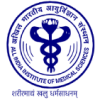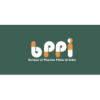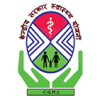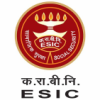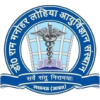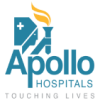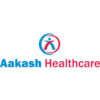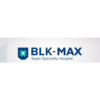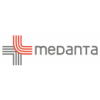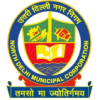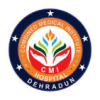Payment realization in the pharmaceutical sector refers to the process of ensuring that payments from various sources, such as customers, insurance companies, or government health programs, are received and accounted for accurately and efficiently. Here's a brief overview:
- Billing and Invoicing:Pharmaceutical companies and healthcare providers generate invoices for the products and services provided to customers. These invoices detail the costs, including medication, treatment, and associated expenses.
- Claims Processing:In the case of health insurance, pharmaceutical companies and healthcare providers submit claims to insurance companies on behalf of patients. Claims include information about the patient, the healthcare services or medications provided, and the associated costs.
- Reimbursement:Once claims are processed and approved, insurance companies reimburse healthcare providers or pharmaceutical companies for the covered services or medications. This may include direct payments to the providers or payments to the patient for reimbursement.
- Patient Payments:In cases where patients are responsible for a portion of their healthcare costs, such as co-pays or deductibles, pharmaceutical companies or healthcare providers collect payments directly from the patients. This can be done through various means, including in-person payments, online portals, or mail.
- Government Programs:In many countries, government healthcare programs (e.g., Medicaid or Medicare in the United States) cover certain pharmaceutical expenses. Pharmaceutical companies and healthcare providers need to follow specific procedures and guidelines to ensure proper reimbursement.
- Auditing and Compliance:To maintain financial accuracy and legal compliance, pharmaceutical companies and healthcare providers often undergo audits to verify that payments have been correctly recorded and reported. Regulatory compliance is crucial in the pharmaceutical sector to avoid legal issues.
- Payment Tracking:Effective payment realization includes robust tracking systems to monitor outstanding payments, identify delinquent accounts, and manage accounts receivable. This helps maintain financial stability and avoid cash flow issues.
- Payment Channels:Multiple payment channels, including electronic funds transfer (EFT), credit card payments, checks, and digital payment platforms, may be used to receive payments from various sources. Each channel needs to be managed efficiently.
- Data Security:Given the sensitivity of healthcare and financial data, strict data security measures are essential to protect patient and payment information.
- Customer Service:Providing clear and accessible customer service to address payment inquiries, disputes, or issues is an important part of ensuring smooth payment realization in the pharmaceutical sector.
Payment realization in the pharmaceutical sector is not only a financial matter but also a critical component of providing timely and effective healthcare services. Accurate and efficient payment processes contribute to the sustainability of pharmaceutical companies and healthcare providers, ensuring that they can continue to deliver vital medical services and products.
